What is the Andrew Brunson row all about?
-
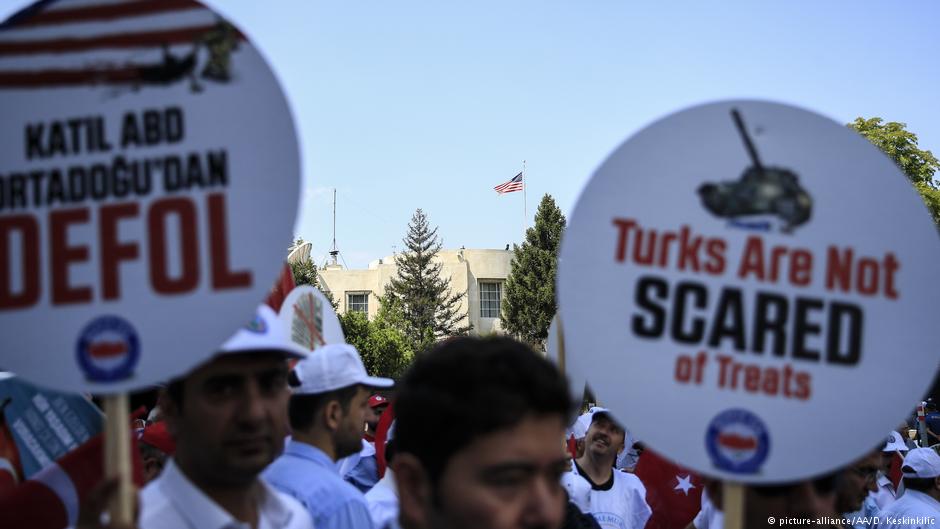
-
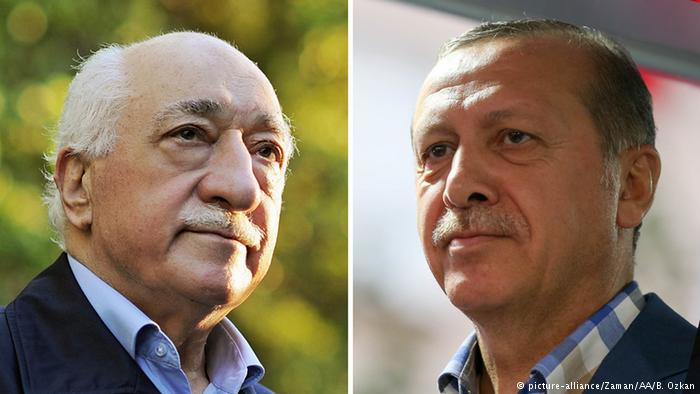
Alleged connection to failed military coup: U.S. pastor Andrew Brunson was first arrested in October 2016, when Turkey was in the immediate throes of a crackdown on suspected instigators of the failed July coup attempt. He is accused of supporting exiled cleric Fethullah Gulen as well as Kurdish militants. Ankara claims Gulen masterminded the coup bid -
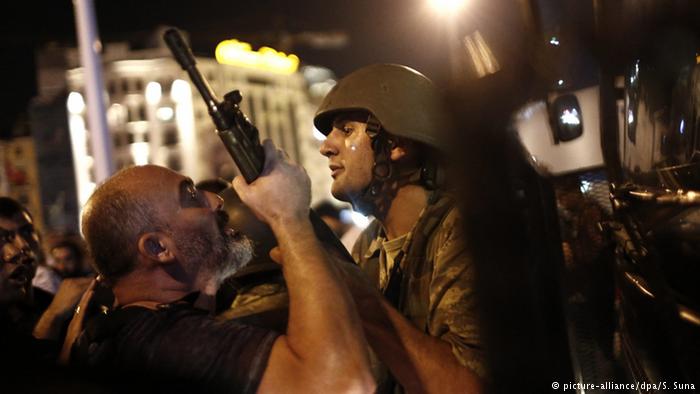
Espionage charges: Brunson faces charges of "committing crimes on behalf of terror groups without being a member" and espionage. Now subject to house arrest, the 50-year-old pastor faces a prison sentence of up to 35 years if he is convicted on both counts at the end of his ongoing trial -
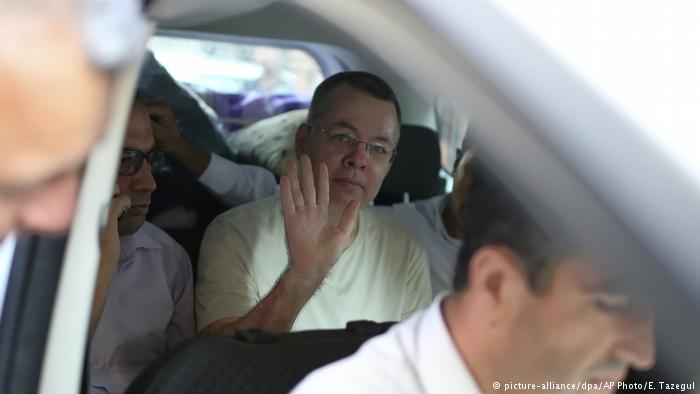
'No credible evidence': in July, 2018, Brunson was allowed to leave prison and remain under house arrest, but his request to leave Turkey was denied by authorities. Washington has maintained that there is no credible evidence to support the charges brought against him. "Release Pastor Andrew Brunson now or be prepared to face the consequences," U.S. Vice President Mike Pence warned Turkey -
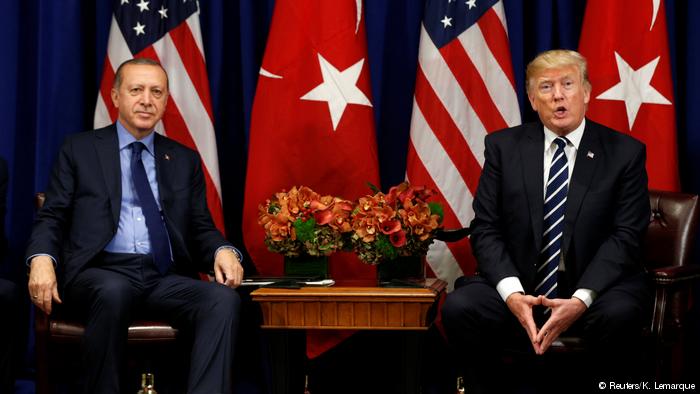
'No one dictates to Turkey': U.S. President Donald Trump threatened to slap "large sanctions" on Turkey if it refused to free the Christian pastor. Trump took to Twitter to demand that the pastor be freed, writing: "This innocent man of faith should be released immediately!" In a tit-for-tat tweet, Turkish Foreign Minister Melvut Cavusoglu responded by saying that, "No one dictates [to] Turkey" -
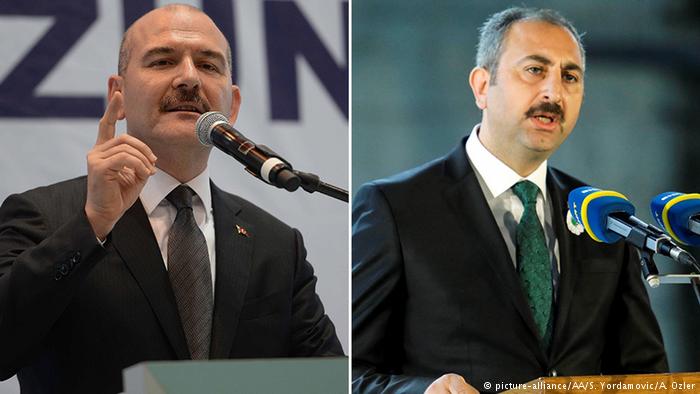
U.S. sanctions: a week later, on 1 August 2018, the White House announced it was imposing sanctions on two top members of the Turkish government – Justice Minister Abdulhamit Gul (above right) and Interior Minister Suleyman Soylu – for their roles in Brunson's detention. President Erdogan has said that he will not be swayed by sanctions -
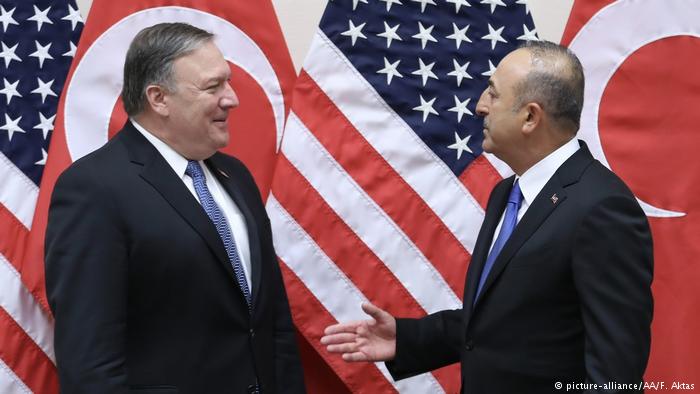
Constructive dialogue? A diplomatic thaw seemed likely when U.S. Secretary of State Mike Pompeo and Turkey's Cavusoglu met in Singapore on the sidelines of a regional summit on 3 August. "They [Pompeo and Cavusoglu] spoke about a number of issues and had a constructive conversation," State Department spokeswoman Heather Nauert said. Yet the issue remains unresolved -
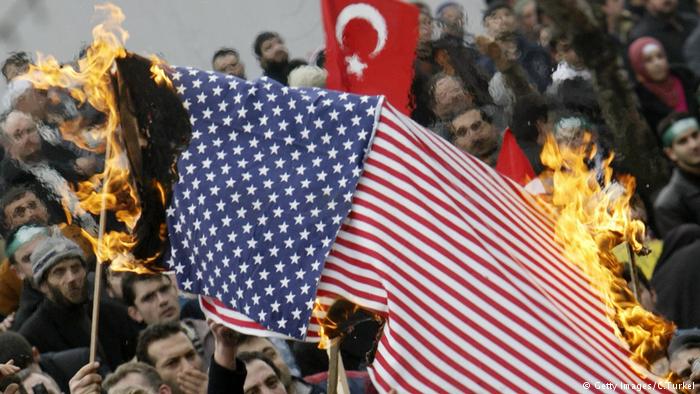
Still no end in sight: since the beginning of August, the situation has escalated. This week the White House rejected Turkeyʹs offer to release Andrew Brunson in exchange for forgiving billions of dollars in U.S. fines levied at a Turkish bank. The row is the latest in a series of diplomatic and military disputes between the two NATO allies. Washington's support for Kurdish fighters in Syria, whom Ankara sees as a threat to its political stability, is a particular bone of contention -
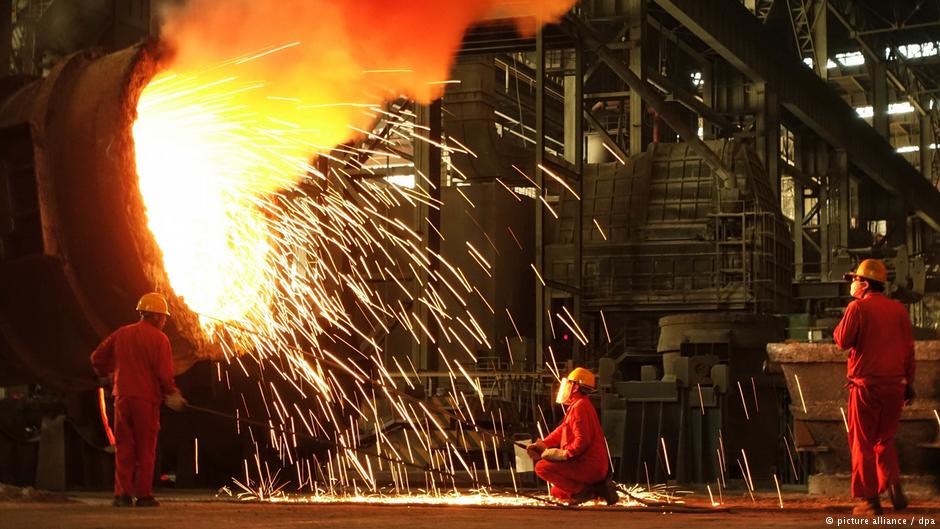
Money matters: faced with an economy in crisis and a plummeting lira, Turkey is just one of a number of major U.S. trading partners to have hit back against the tariffs imposed by America on metals and goods from China, imposing tariffs of its own on U.S. farm exports and machinery. With an all-out trade war in the offing, the diplomatic spat over Andrew Brunson could prove to be just the tip of the iceberg
https://qantara.de./en/node/9147
Link
To all image galleries
